22 Foods That Help Manage Stress and Anxiety Naturally
In today’s fast-paced world, stress and anxiety have become more than just occasional burdens—they're daily struggles for many. While lifestyle choices, sleep, and exercise all play vital roles in managing mental well-being, what we eat can significantly impact our ability to cope with stress. The connection between diet and mental health is stronger than ever, with research showing that certain nutrient-rich foods can help stabilize mood, lower cortisol levels, and promote relaxation. We've expanded our list to 22 incredible foods that naturally support stress and anxiety management, offering not just nourishment but also emotional resilience. From omega-3-rich superfoods that fight inflammation to adaptogenic herbs that help the body combat stress, these foods can be game-changers in your daily routine. If you’re looking for simple, natural ways to feel calmer and more balanced, read on to discover how your diet can be one of your greatest allies in mental wellness.
1. Dark Chocolate: The Sweet Stress Reliever

Dark chocolate, often considered a delightful indulgence, is packed with compounds that can help reduce stress. Rich in antioxidants, particularly flavonoids, dark chocolate can improve blood flow to the brain and enhance mood. It stimulates the production of endorphins, the chemicals in the brain that create feelings of pleasure. Moreover, dark chocolate contains serotonin, a neurotransmitter that acts as an anti-depressant. Eating a small piece of dark chocolate can provide a quick mood lift and help combat stress. To maximize benefits, choose chocolate with at least 70% cocoa content, as it contains less sugar and more beneficial compounds.
2. Blueberries: Tiny Berries with Big Benefits

Blueberries, though small in size, are a powerhouse of nutrients that can bolster mental health. These berries are rich in antioxidants, particularly vitamin C and flavonoids, which help combat oxidative stress—a condition that can exacerbate anxiety. By reducing inflammation and promoting the production of dopamine, a neurotransmitter that regulates mood, blueberries can help keep anxiety at bay. Incorporating a handful of blueberries into your daily diet, whether in smoothies, salads, or as a snack, can significantly enhance your ability to manage stress and improve overall brain function.
3. Avocado: The Creamy Mood Stabilizer
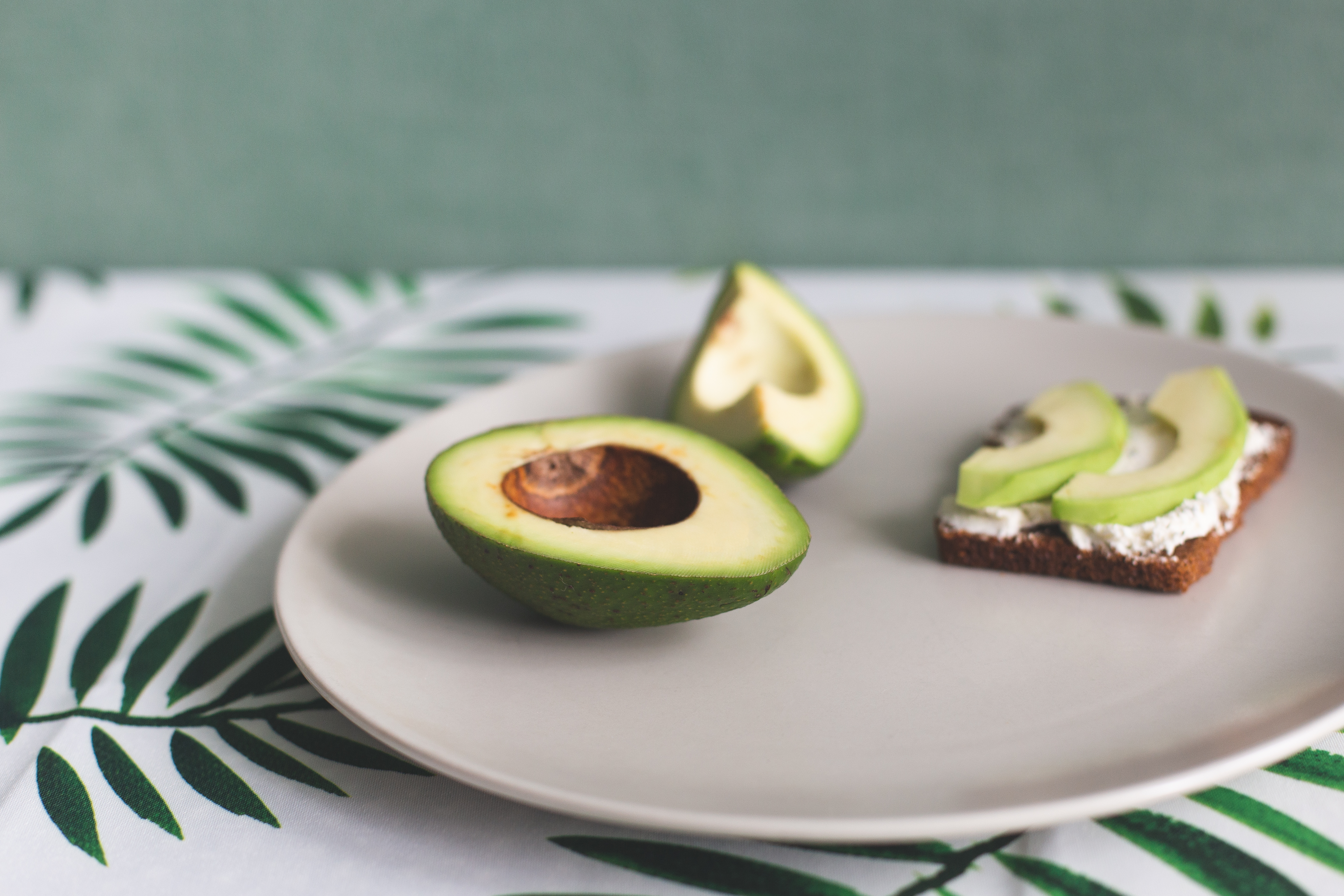
Avocados are not only a delicious and versatile fruit but also a fantastic source of healthy fats, specifically monounsaturated fats, which are essential for brain health. These fats support the production of neurotransmitters like serotonin and dopamine, which play a key role in mood regulation. Additionally, avocados are rich in B vitamins, particularly folate, which is known to reduce stress and anxiety. Including avocados in your diet, whether in guacamole, on toast, or in salads, can help stabilize your mood and provide a steady source of energy throughout the day.
4. Nuts and Seeds: Crunchy Stress Fighters
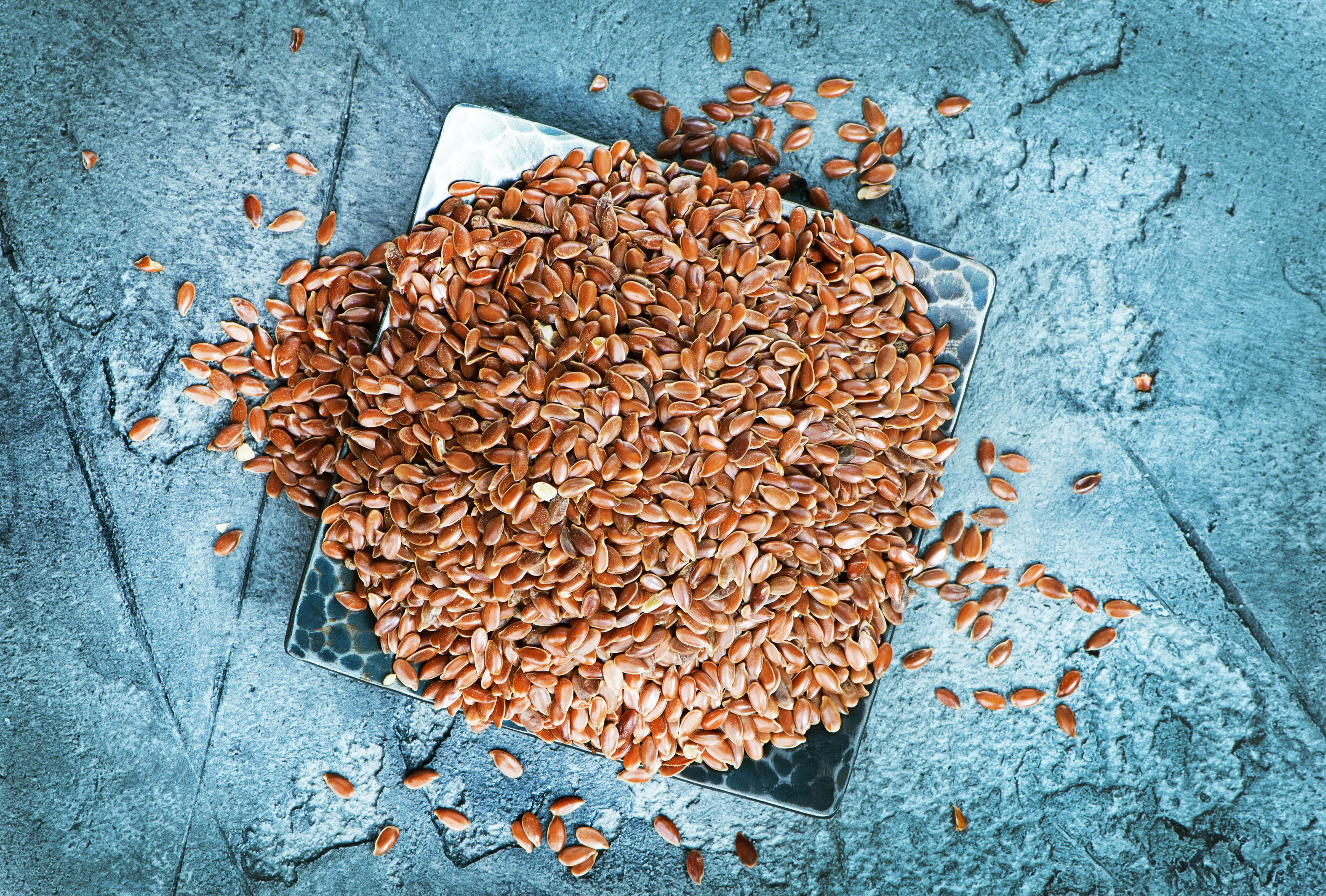
Nuts and seeds, such as almonds, walnuts, flaxseeds, and chia seeds, are excellent sources of magnesium, a mineral known for its calming effects on the nervous system. Magnesium helps regulate neurotransmitters and is critical for the body's stress response system. Additionally, these foods are rich in omega-3 fatty acids, which are essential for brain health and have been shown to reduce symptoms of anxiety. Including a variety of nuts and seeds in your diet can provide a sustained release of energy and nutrients that support mental clarity and emotional stability.
5. Fatty Fish: Ocean's Gift to Mental Health

Fatty fish, such as salmon, mackerel, and sardines, are rich in omega-3 fatty acids, particularly EPA and DHA, which are crucial for brain health. These fatty acids have anti-inflammatory properties and help maintain healthy brain function, reducing symptoms of anxiety and depression. Regular consumption of fatty fish can enhance mood, improve cognitive function, and support overall mental well-being. Aim to include fatty fish in your diet at least twice a week to harness these benefits, whether grilled, baked, or in a hearty fish stew.
6. Spinach: The Leafy Green Stress Buster
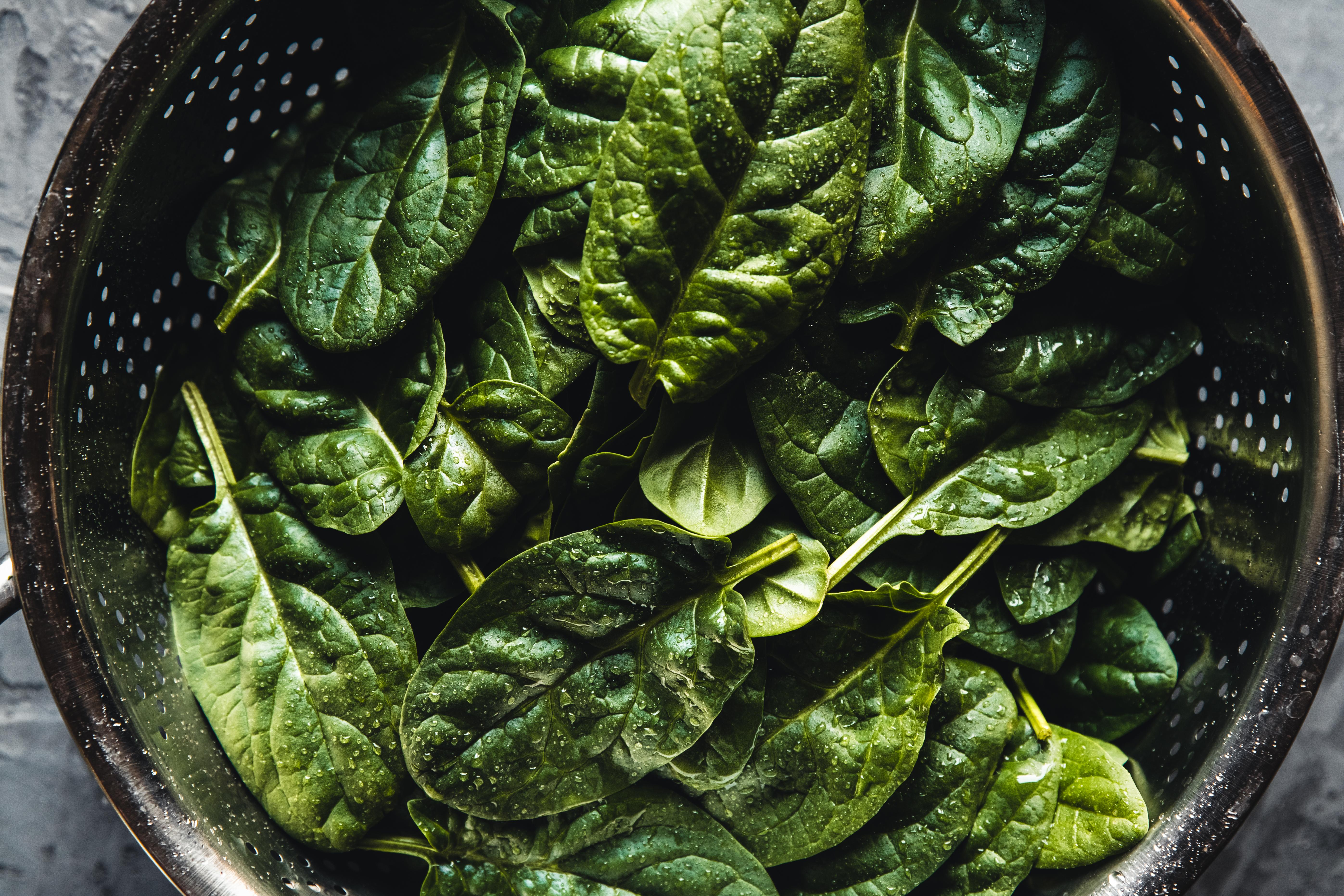
Spinach and other leafy greens are packed with magnesium, a mineral that plays a vital role in managing stress. Magnesium helps relax muscles and calm the nervous system, making it an essential nutrient for those experiencing anxiety. Additionally, spinach is rich in folate, which aids in the production of dopamine and serotonin, neurotransmitters that regulate mood. Incorporating spinach into your meals, whether in salads, smoothies, or as a cooked side dish, can help alleviate stress and promote a sense of calm and well-being.
7. Turmeric: The Golden Spice of Tranquility
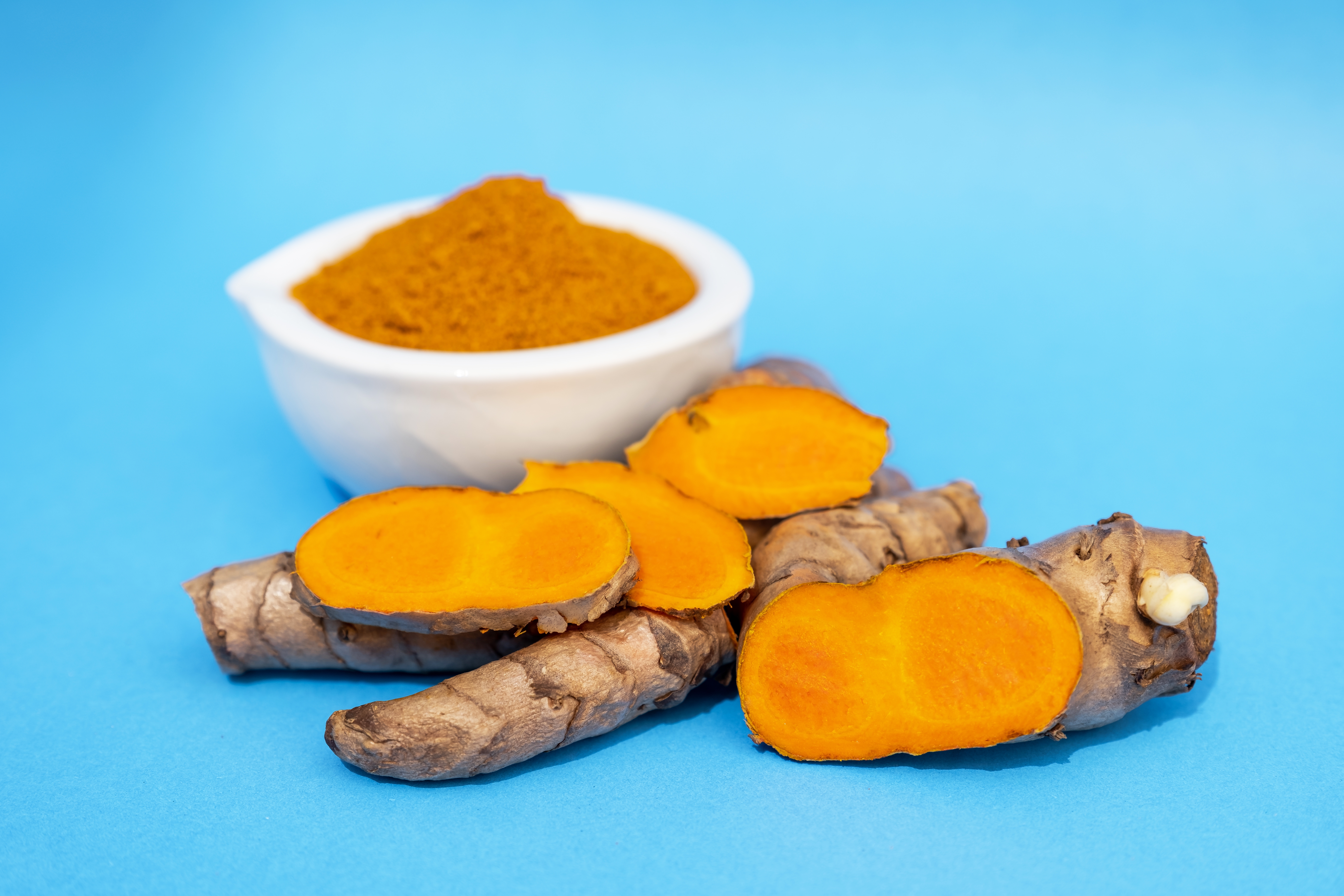
Turmeric, known for its vibrant yellow color, is a potent anti-inflammatory spice that has been used for centuries in traditional medicine. Curcumin, the active compound in turmeric, has been shown to reduce inflammation and oxidative stress, both of which are linked to anxiety and depression. By incorporating turmeric into your diet, whether in curries, teas, or as a supplement, you can harness its calming properties. Combining turmeric with black pepper enhances its absorption, ensuring you receive the maximum benefits from this golden spice.
8. Chamomile: Nature's Soothing Brew
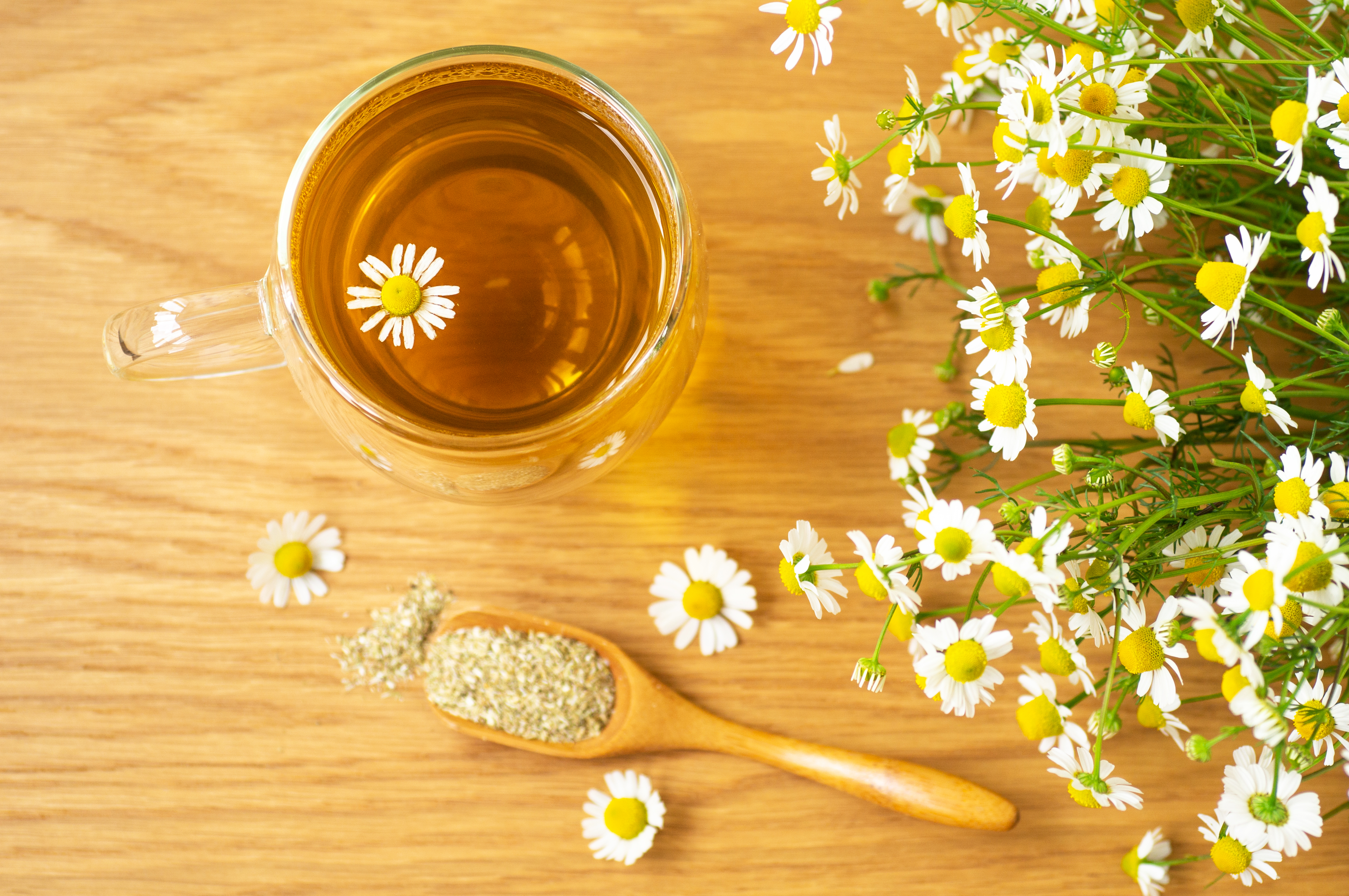
Chamomile tea is renowned for its calming effects and is a popular remedy for stress and anxiety. Rich in antioxidants, chamomile can help reduce inflammation and promote relaxation. Compounds in chamomile bind to receptors in the brain, inducing a sense of calm and aiding in sleep. Drinking a cup of chamomile tea before bed can help ease tension and improve sleep quality, making it an excellent addition to your nighttime routine. This soothing brew is a natural way to unwind and prepare the mind for restful sleep.
9. Fermented Foods: Gut Health, Mental Wealth
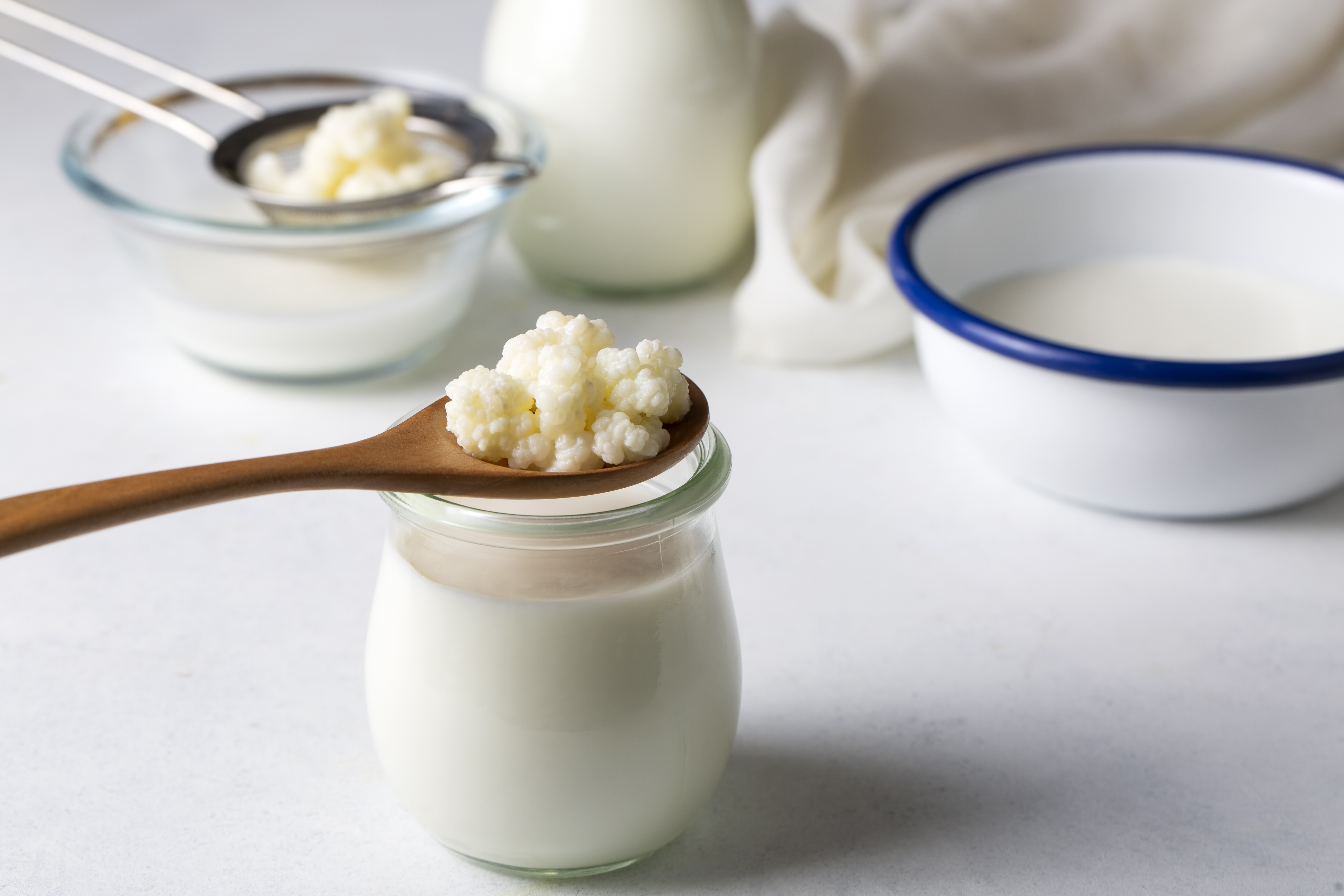
Fermented foods, such as yogurt, kefir, kimchi, and sauerkraut, are rich in probiotics, which are beneficial bacteria that support gut health. The gut-brain axis is a critical pathway in the regulation of mood, and a healthy gut can positively influence mental health. Probiotics help reduce inflammation and promote the production of neurotransmitters that regulate mood and stress response. Incorporating fermented foods into your diet can improve gut health and, in turn, enhance mental clarity and emotional resilience, providing a natural way to manage stress and anxiety.
10. Green Tea: The Ancient Elixir of Calm
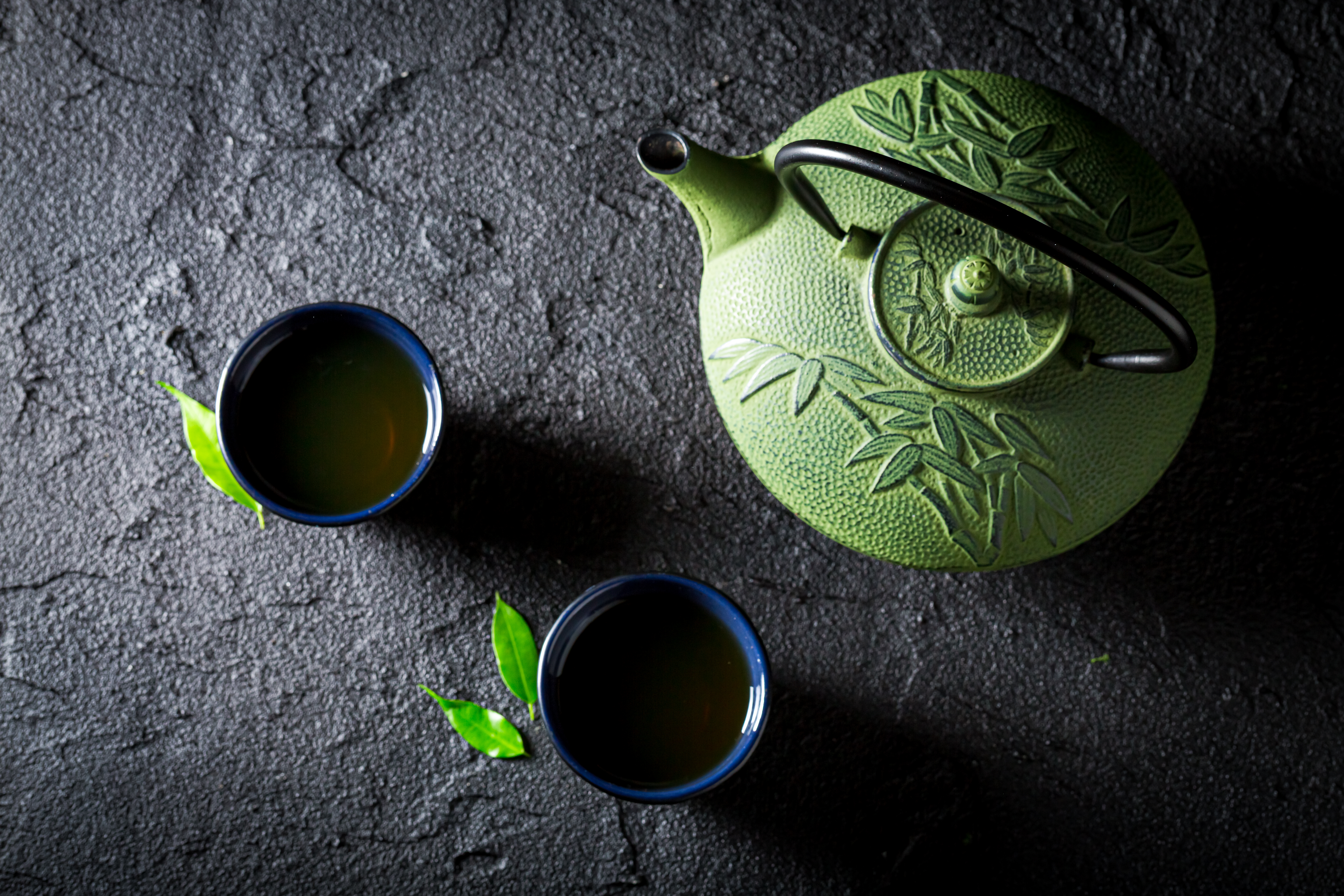
Green tea is a centuries-old beverage known for its numerous health benefits, including stress reduction. It contains L-theanine, an amino acid that promotes relaxation without causing drowsiness. L-theanine increases the production of dopamine and serotonin, enhancing mood and cognitive function. Drinking green tea can provide a gentle energy boost while calming the mind, making it an ideal beverage for those seeking a natural way to ease stress. Incorporate green tea into your daily routine, whether as a morning pick-me-up or a calming afternoon ritual.
11. Oats: The Heartwarming Comfort Food
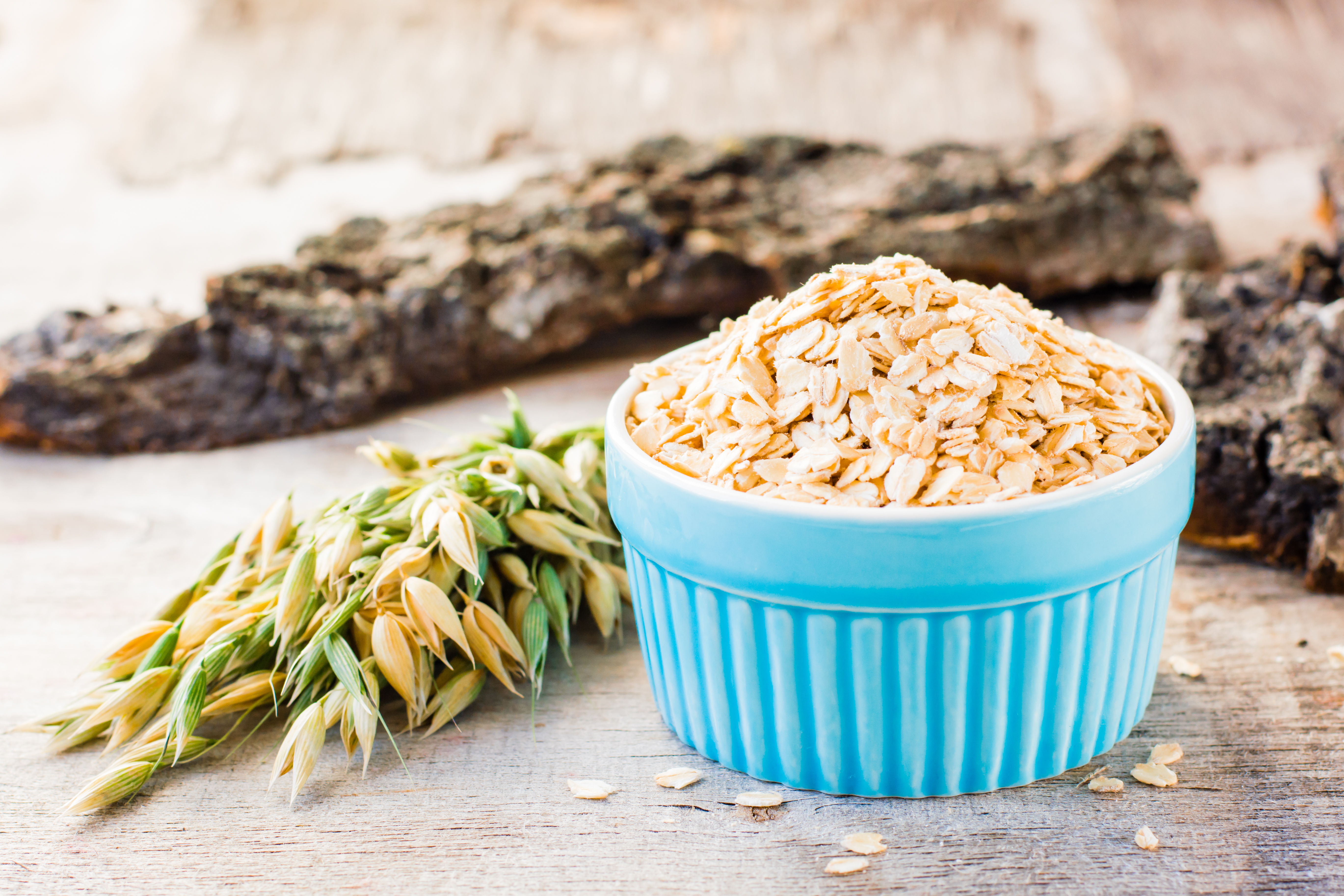
Oats are a comforting and nutritious whole grain that can help stabilize mood and reduce stress. They are rich in complex carbohydrates, which promote the production of serotonin, a neurotransmitter that enhances mood and promotes relaxation. Additionally, oats are a good source of magnesium and B vitamins, both of which are essential for managing stress and anxiety. Starting your day with a bowl of oatmeal can provide sustained energy and a sense of calm, setting a positive tone for the day ahead.
12. Bananas: The Potassium-Packed Mood Booster
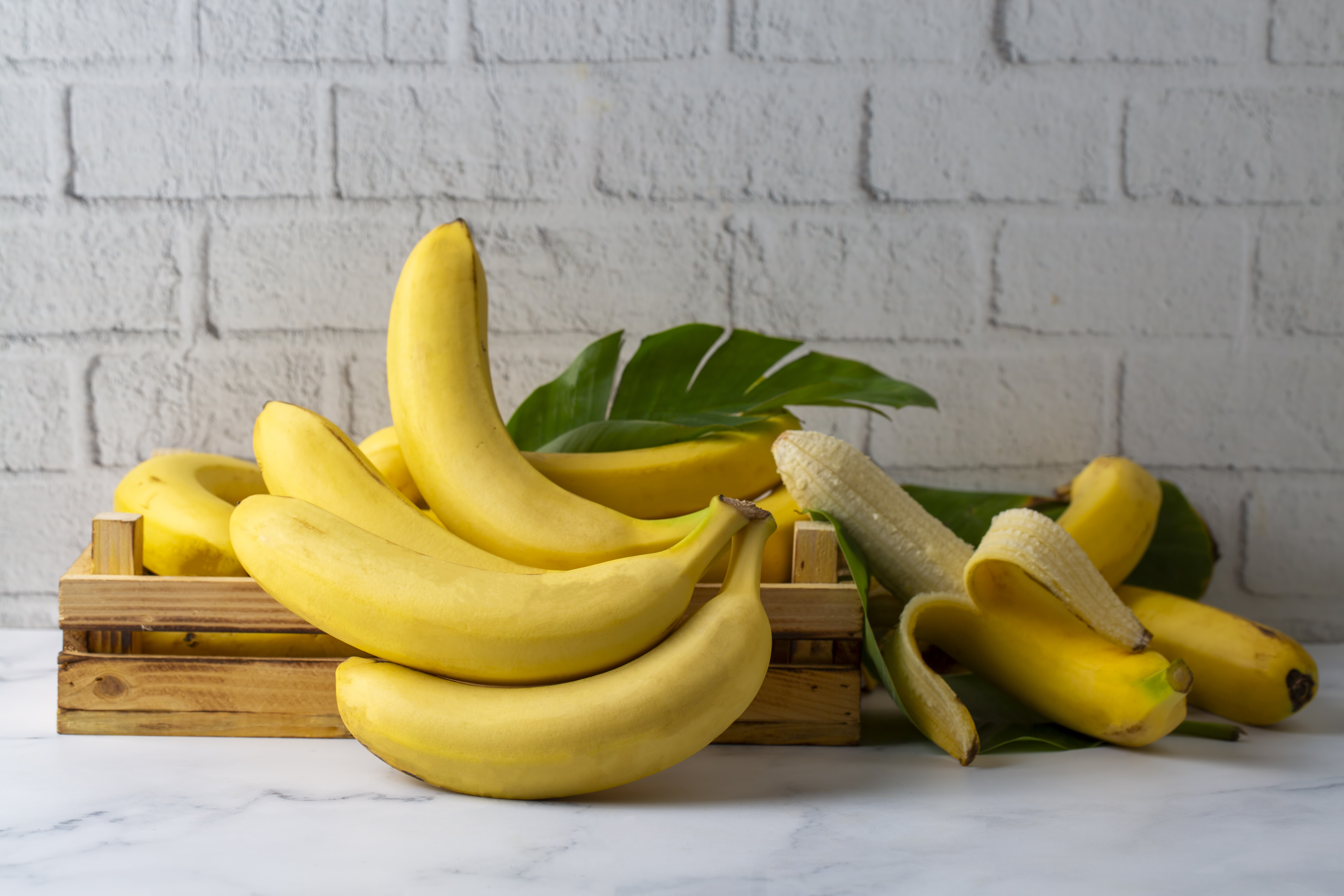
Bananas are a convenient and nutritious snack that can help reduce stress and anxiety. They are rich in potassium, a mineral that helps regulate blood pressure and support the nervous system. Bananas also contain tryptophan, an amino acid that the body converts into serotonin, promoting relaxation and improving mood. Including bananas in your diet, whether as a snack, in smoothies, or as part of a balanced breakfast, can provide a natural way to enhance mental well-being and combat stress.
13. Seaweed: The Ocean’s Stress Fighter
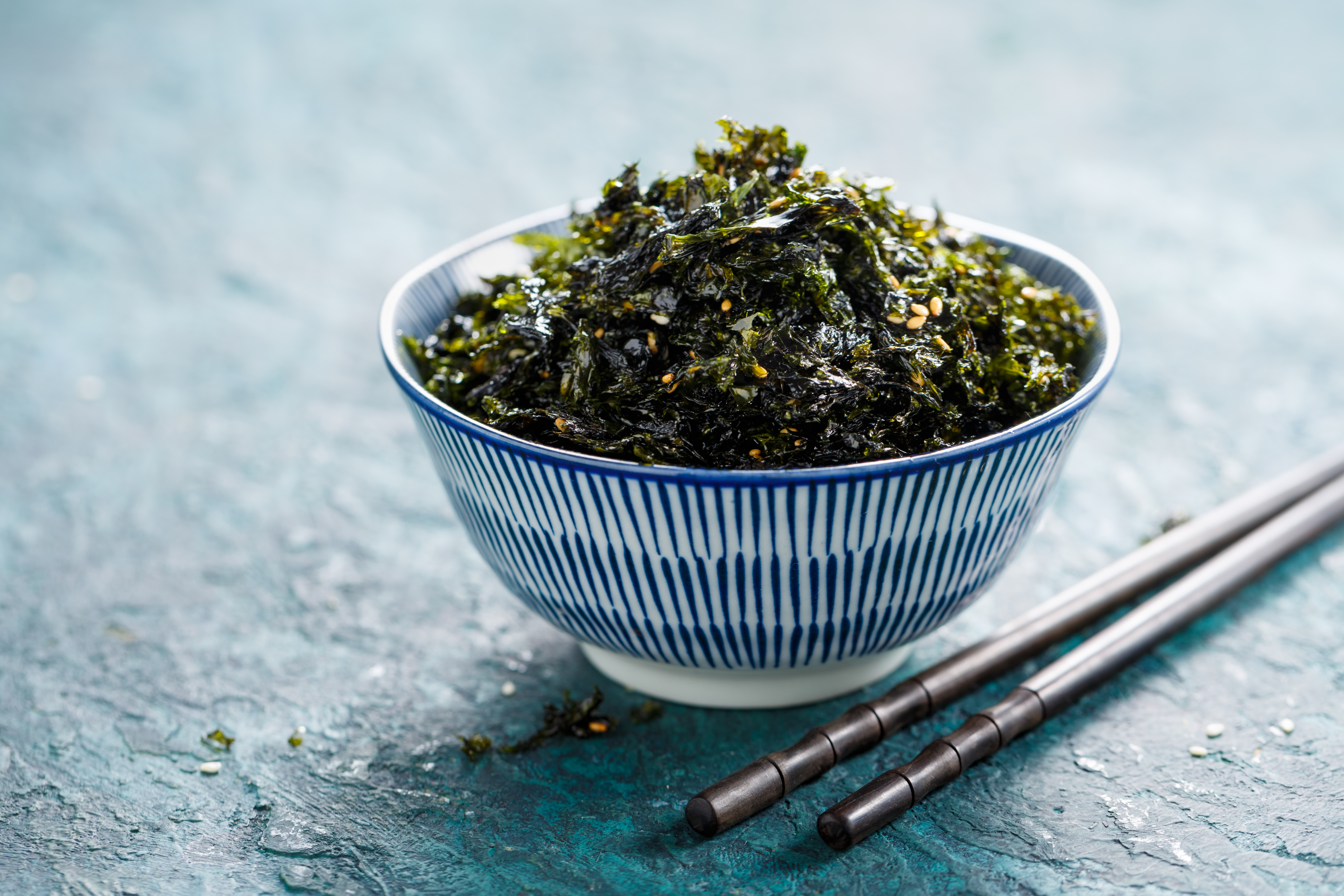
Seaweed is often overlooked as a stress-relieving food, but this oceanic powerhouse is packed with essential nutrients that support mental and emotional well-being. One of its standout benefits is its high iodine content, a crucial mineral for thyroid health, which in turn regulates mood, energy levels, and stress response. When iodine levels are too low, the thyroid struggles to function properly, leading to fatigue, brain fog, irritability, and heightened anxiety. Beyond iodine, seaweed is also a fantastic source of magnesium and B vitamins, both of which help support the nervous system and promote relaxation. Magnesium plays a key role in reducing stress by regulating cortisol, the body's primary stress hormone, while B vitamins help in the production of neurotransmitters like serotonin and dopamine, which stabilize mood. To incorporate seaweed into your diet, try adding nori sheets to wraps, sprinkling dried seaweed flakes over rice and salads, or making miso soup with wakame or kombu. You can even snack on crispy roasted seaweed for a quick and tasty stress-fighting boost!
14. Pumpkin Seeds: The Magnesium-Rich Mood Booster
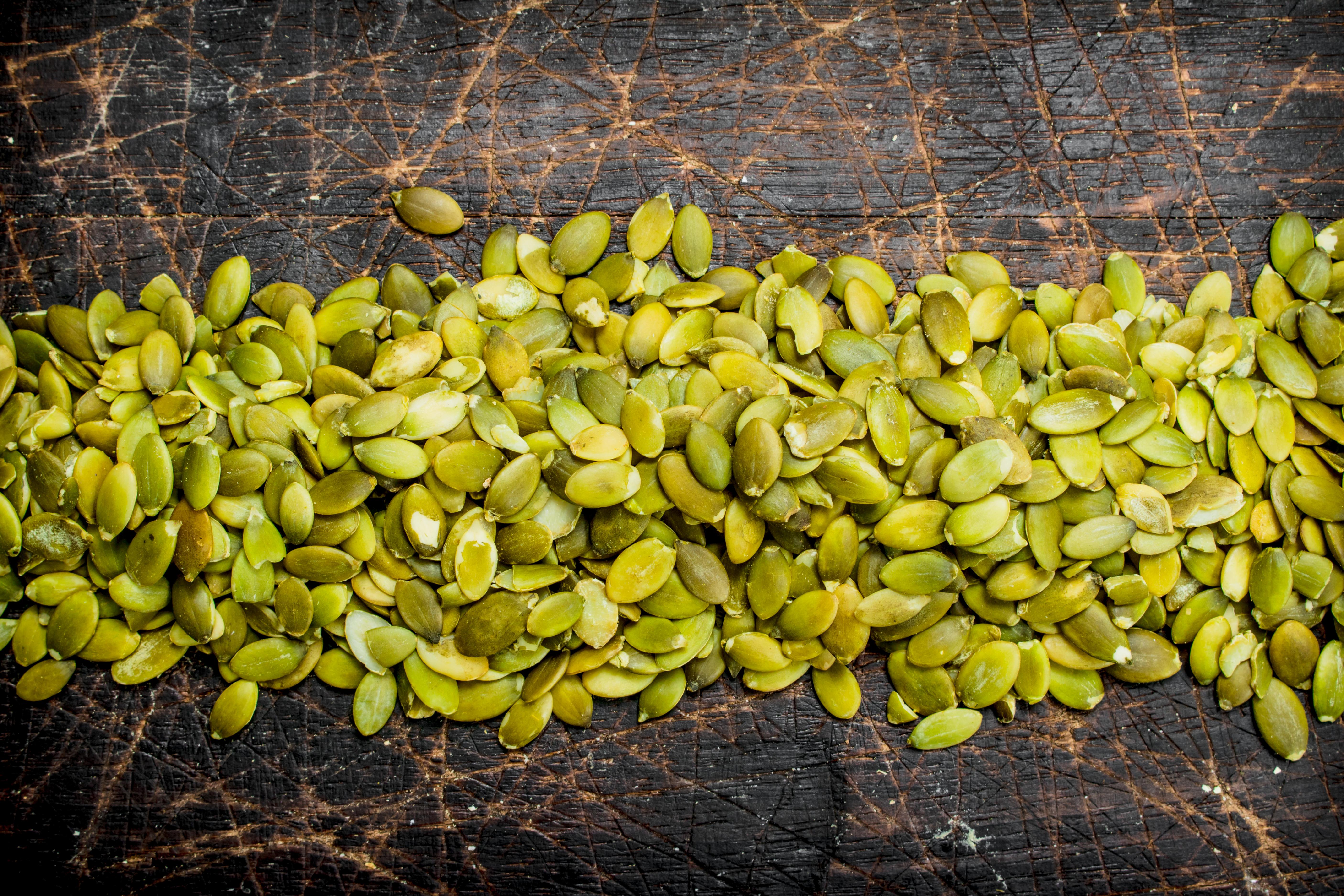
Pumpkin seeds are tiny nutritional powerhouses that deliver an impressive dose of magnesium, a mineral that is essential for reducing stress and anxiety. Magnesium helps regulate the nervous system, relax tense muscles, and lower cortisol levels, making it a go-to nutrient for people who experience chronic stress. Research suggests that individuals with low magnesium levels are more prone to anxiety, irritability, and poor sleep, all of which can further contribute to stress buildup. In addition to magnesium, pumpkin seeds are loaded with zinc, a mineral that plays a significant role in brain function, neuroplasticity, and immune health. Zinc deficiencies have been linked to increased anxiety and depression, making it crucial for maintaining emotional stability and cognitive function. Pumpkin seeds are also rich in tryptophan, an amino acid that helps the body produce serotonin, the neurotransmitter responsible for regulating mood and promoting relaxation. Serotonin is often referred to as the "feel-good" chemical, and eating foods that support its production can make a noticeable difference in stress management.
15. Beets: The Natural Brain Enhancer
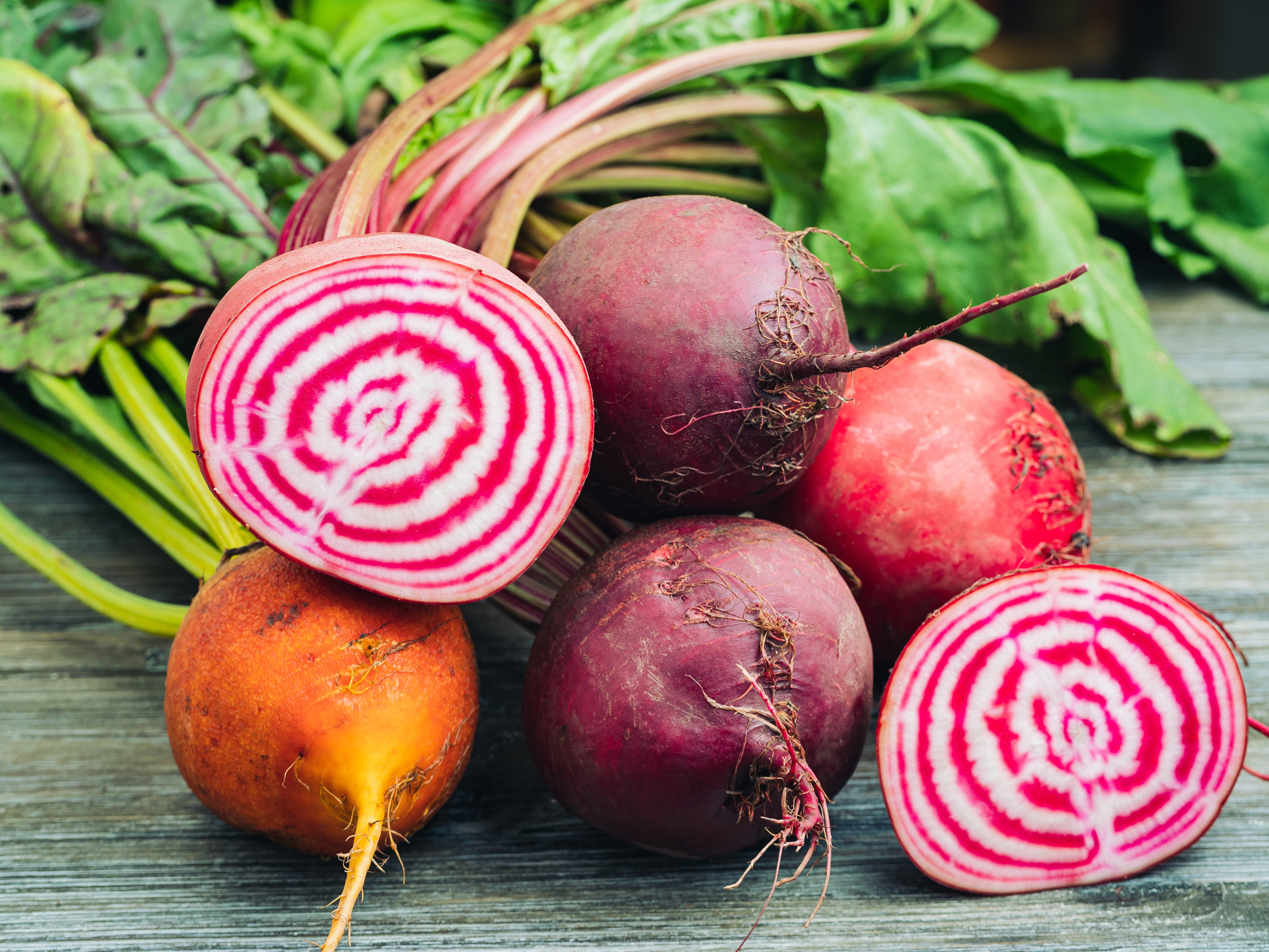
Beets are often praised for their heart-healthy properties, but their benefits extend far beyond cardiovascular health—they’re also an incredible food for stress relief and brain function. One of their standout components is their high nitrate content, which helps increase blood flow to the brain. Better circulation leads to improved cognitive function, enhanced mental clarity, and reduced stress-related fatigue. Additionally, beets are an excellent source of folate, a B vitamin that plays a crucial role in neurotransmitter production. Folate helps regulate serotonin and dopamine levels, which can stabilize mood and reduce anxiety. Studies have shown that individuals with folate deficiencies are at a higher risk for depression, making it an essential nutrient for emotional balance. Beets are also packed with antioxidants like betalains, which help reduce inflammation and oxidative stress—both of which can contribute to chronic anxiety and mental exhaustion. Their natural sweetness makes them a versatile ingredient in many dishes. To incorporate more beets into your diet, try drinking beet juice, adding roasted beets to grain bowls and salads, blending them into smoothies, or making beet hummus. Their vibrant color and earthy flavor make them a delicious and nutrient-dense addition to any meal!
16. Lentils: The Plant-Based Protein for Stress Resilience
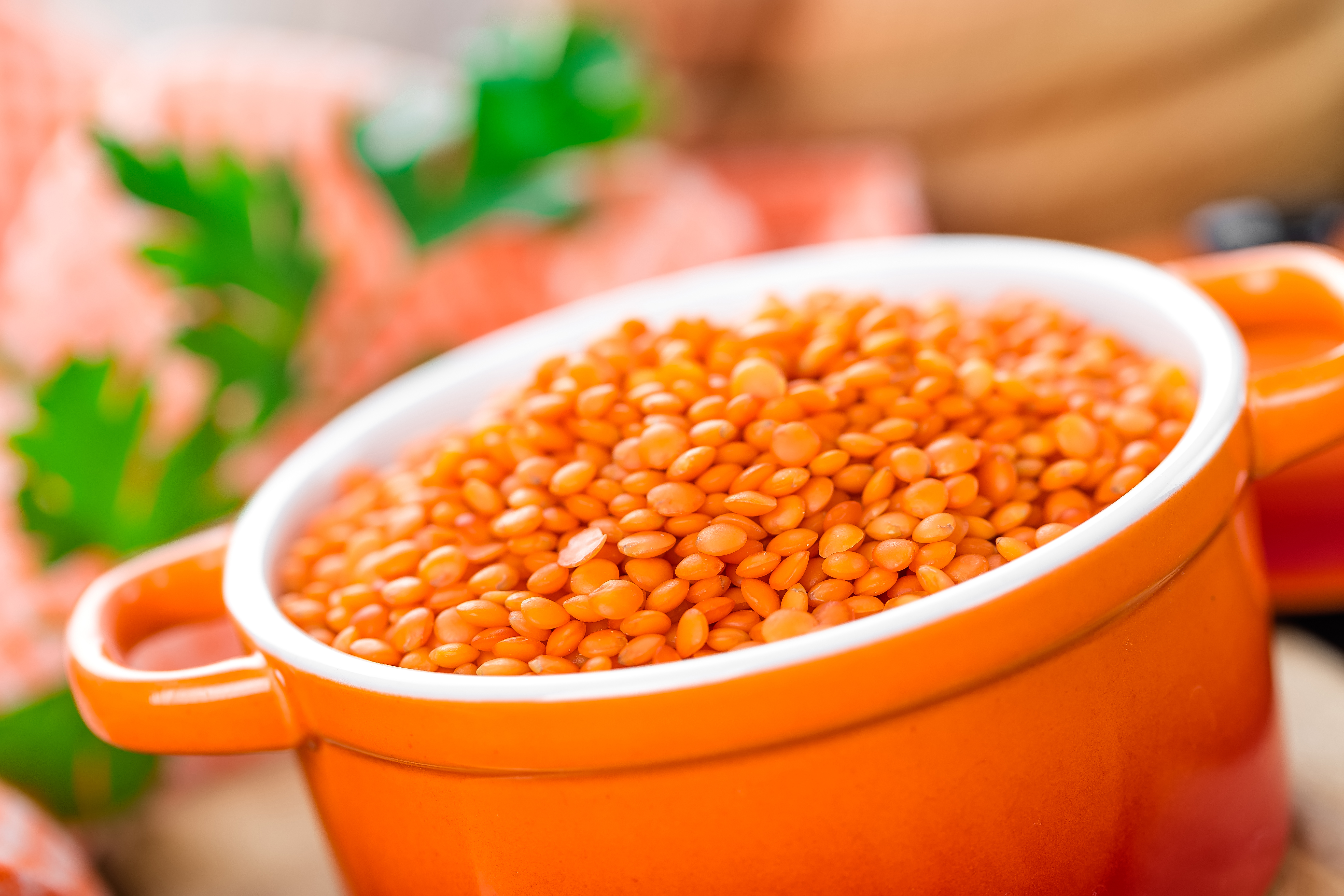
Lentils are one of the most underrated stress-fighting foods, offering a powerful combination of protein, fiber, iron, and B vitamins. As a plant-based protein source, they help stabilize blood sugar levels, preventing the energy crashes and mood swings that can contribute to feelings of stress and anxiety. One of the key nutrients found in lentils is folate, which plays a vital role in dopamine production and mood regulation. A deficiency in folate has been linked to higher levels of depression and anxiety, making it an important nutrient for mental health. Additionally, lentils are rich in iron, which is essential for oxygenating the brain and preventing fatigue—one of the biggest contributors to stress and burnout. Lentils also contain a high amount of fiber, which nourishes gut bacteria and supports a healthy digestive system. Since the gut is directly connected to the brain through the gut-brain axis, maintaining a healthy microbiome can significantly impact mood, stress levels, and cognitive function.
17. Maca Root: The Ancient Adaptogen for Balance
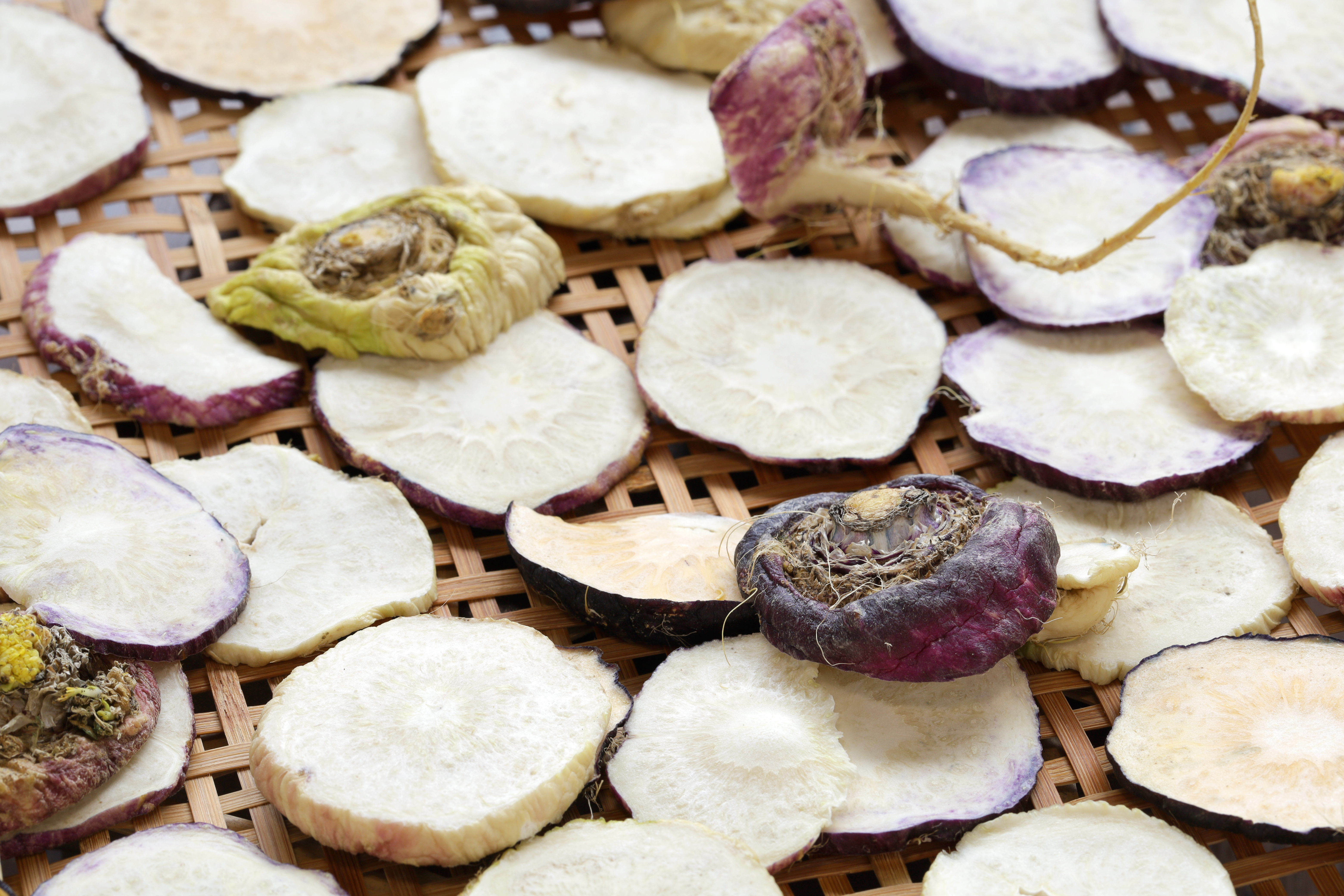
Maca root is an ancient Peruvian superfood that has been used for centuries to enhance stamina, boost energy, and balance stress levels. As an adaptogen, maca helps the body adapt to stress by regulating cortisol production and supporting the adrenal glands. This makes it a powerful natural remedy for chronic stress, anxiety, and burnout. One of maca’s biggest benefits is its ability to balance hormones. It contains compounds that support the endocrine system, which governs hormone production, including those responsible for mood regulation, energy levels, and resilience to stress. Many people who experience stress-related fatigue or anxiety may have underlying hormone imbalances that maca can help correct. Additionally, maca is rich in iron, magnesium, and B vitamins, all of which support cognitive function, nervous system health, and overall well-being. It has also been linked to improved memory, focus, and mental clarity, making it an excellent choice for those dealing with mental exhaustion. Maca root has a naturally earthy, nutty, and slightly caramel-like flavor, making it a great addition to smoothies, lattes, oatmeal, or even energy balls. To maximize benefits, start with ½ to 1 teaspoon of maca powder per day and gradually increase based on your body’s response.
18. Tahini: The Sesame Seed Secret to Calmness
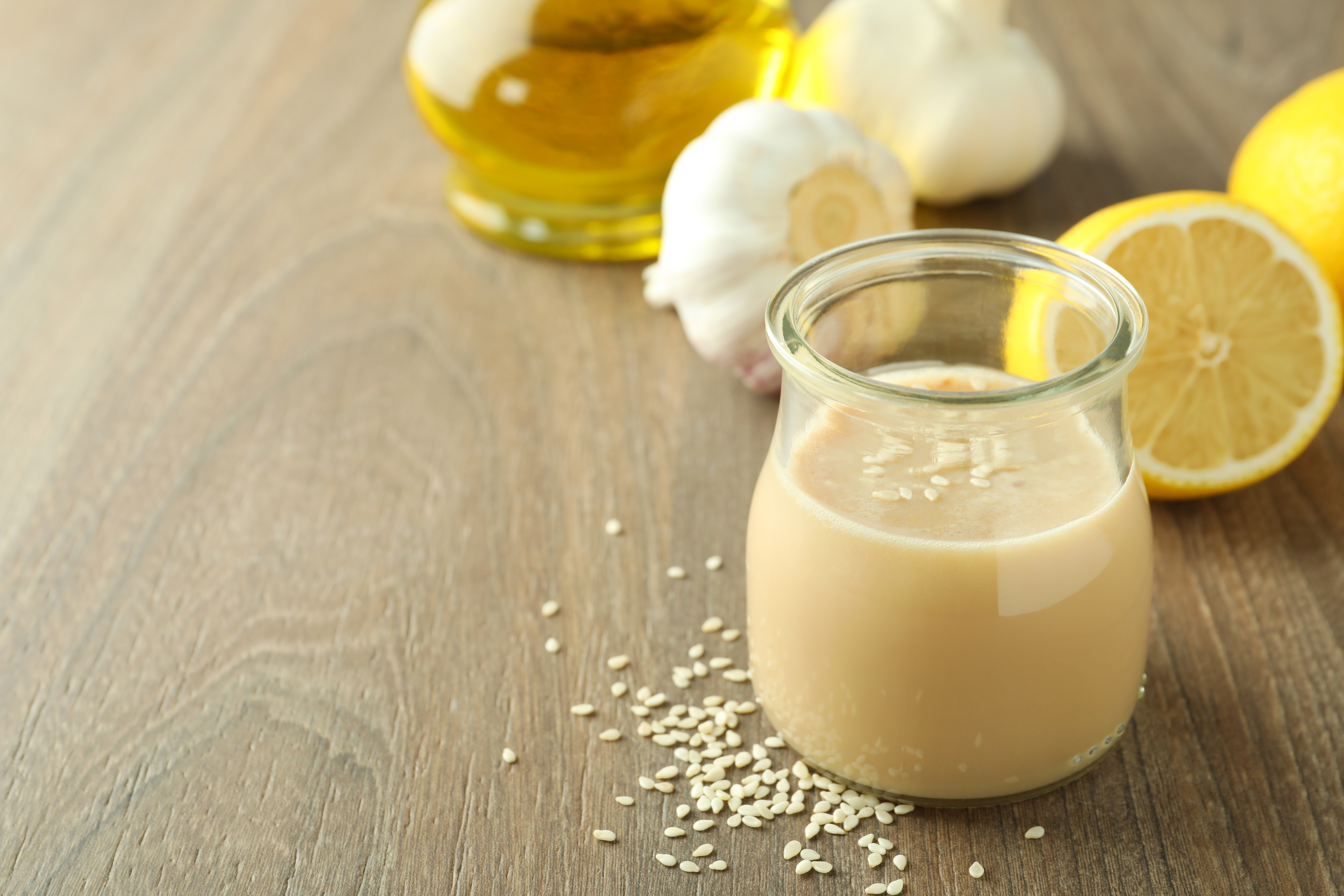
Tahini, a creamy and nutrient-dense paste made from ground sesame seeds, is far more than just a staple in Middle Eastern cuisine—it's a powerhouse for stress relief and relaxation. Packed with magnesium, calcium, and healthy fats, tahini plays a crucial role in supporting the nervous system and promoting a sense of calm. Magnesium is known as nature’s relaxant, helping to lower cortisol levels and reduce muscle tension, while calcium aids in neurotransmitter function, supporting better mood stability. Another hidden gem in tahini is L-tryptophan, an amino acid essential for serotonin production—the neurotransmitter responsible for feelings of happiness and well-being. A diet rich in tryptophan can naturally boost mood, enhance relaxation, and even improve sleep quality. Tahini is highly versatile, making it easy to incorporate into your diet. Drizzle it over roasted vegetables, mix it into hummus, stir it into oatmeal, or use it as a base for creamy dressings. Its nutty flavor pairs beautifully with both sweet and savory dishes, providing a delicious way to support mental well-being and stress relief.
19. Brazil Nuts: The Selenium Superstar
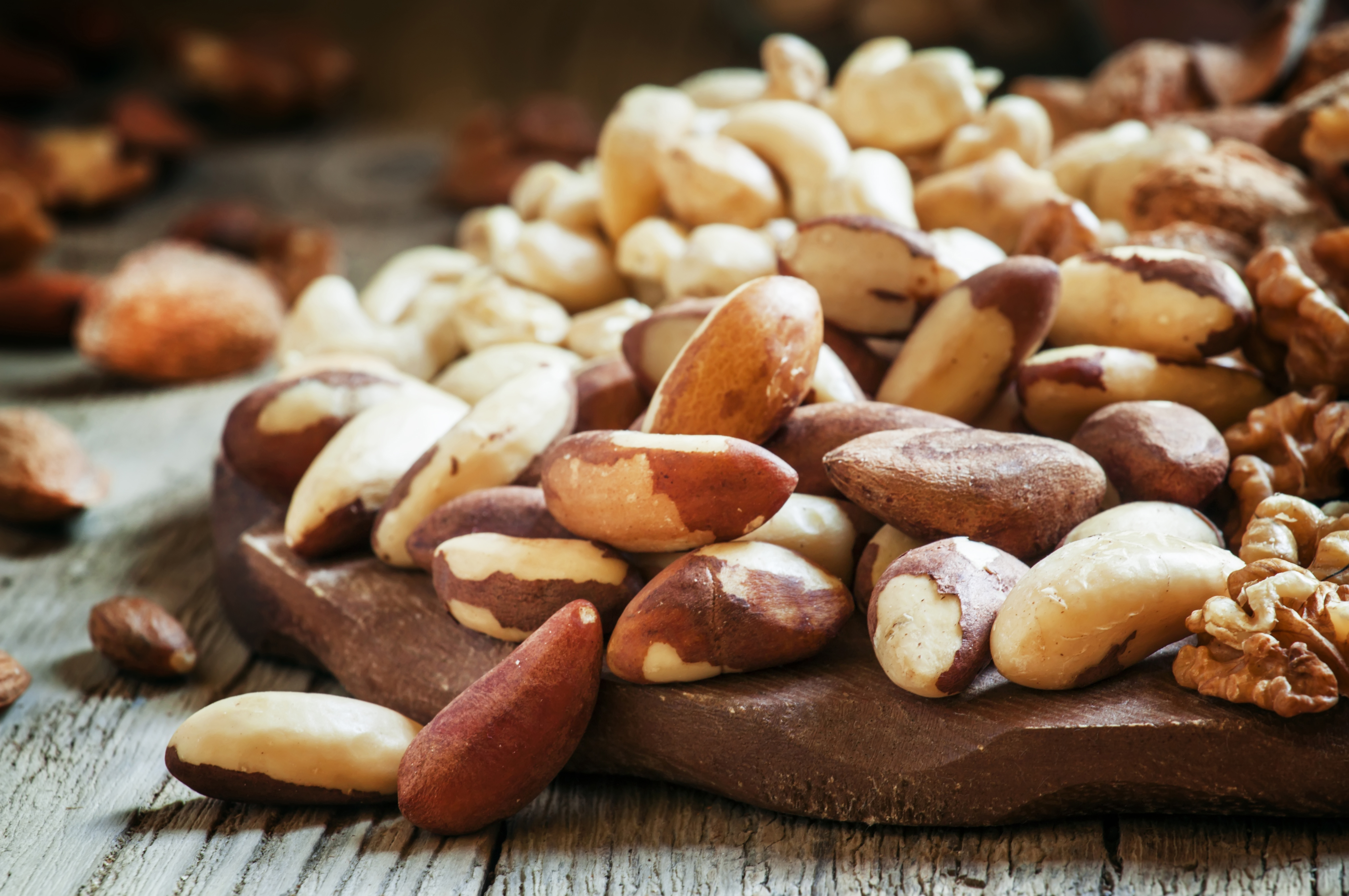
Brazil nuts may seem like an ordinary snack, but they hold a superpower in stress management—they are one of the richest natural sources of selenium, a trace mineral that plays a crucial role in mental well-being. Studies have linked low selenium levels to increased anxiety, irritability, and depression, making it an essential nutrient for mood regulation and emotional stability. Selenium also supports thyroid function, which directly influences energy levels, metabolism, and the body’s ability to manage stress. A well-functioning thyroid ensures that hormone levels remain balanced, preventing mood swings and fatigue. Additionally, selenium is a powerful antioxidant that helps reduce inflammation and oxidative stress, both of which are associated with higher levels of anxiety. The best part? You only need one or two Brazil nuts per day to meet your daily selenium requirements.
20. Kiwis: The Vitamin C-Packed Stress Shield
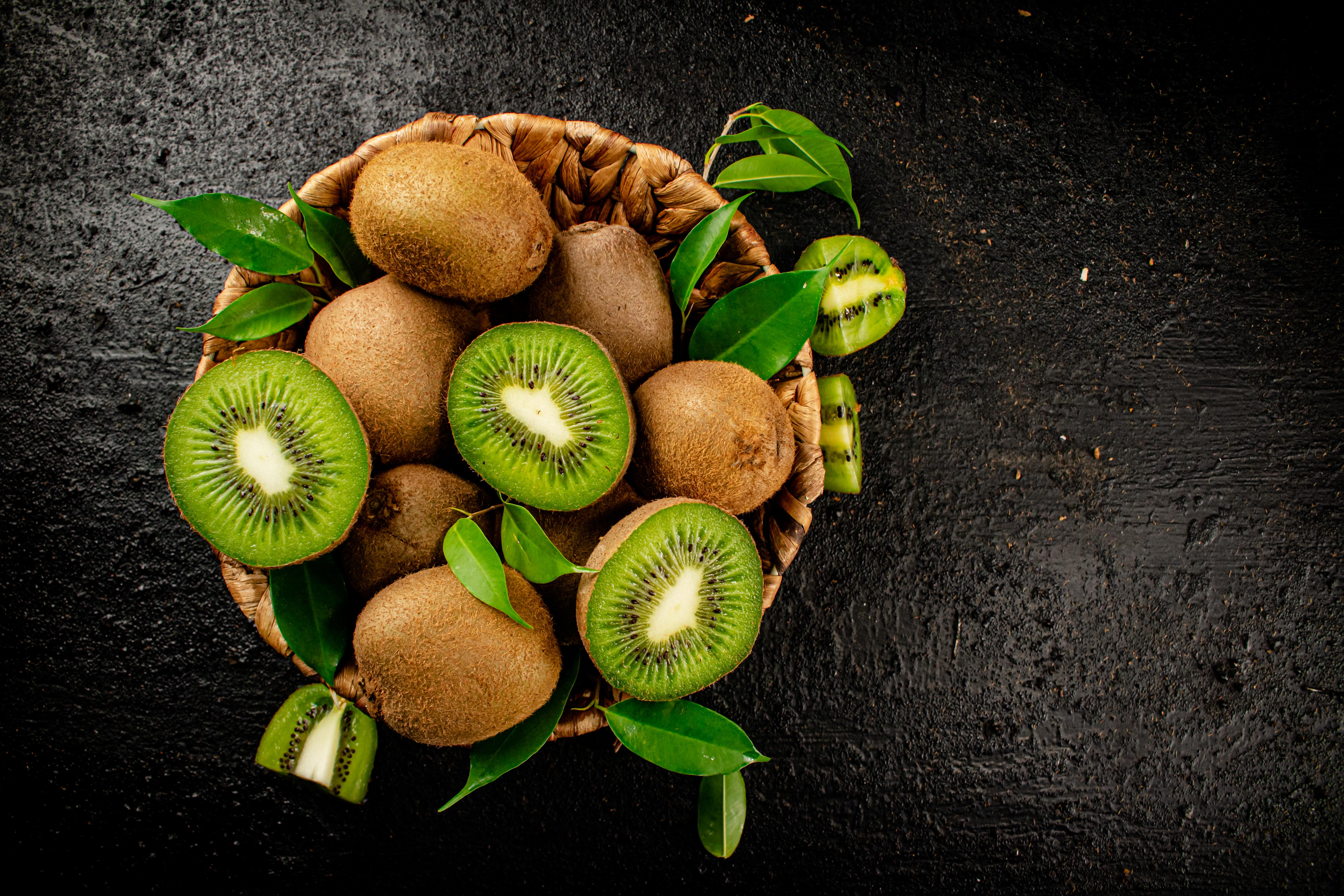
Kiwis are often praised for their immune-boosting benefits, but they’re also an incredible food for reducing stress and anxiety. These vibrant green fruits are one of the richest sources of vitamin C, which has been shown to lower cortisol levels, protect against oxidative stress, and improve mood stability. Research suggests that individuals with higher vitamin C levels tend to experience less anxiety and greater emotional resilience. Vitamin C is essential for neurotransmitter function, playing a direct role in the production of dopamine, serotonin, and norepinephrine—chemicals that help regulate mood, motivation, and stress response. When the body is under stress, vitamin C is rapidly depleted, making it important to replenish it through diet. Beyond stress relief, kiwis also support better sleep quality. They contain serotonin and antioxidants that help regulate the sleep cycle, making it easier to fall and stay asleep—crucial for combating stress-related insomnia. To maximize the benefits of kiwis, enjoy them whole as a snack, blended into smoothies, sliced over oatmeal, or added to fruit salads. Eating kiwis daily can be a delicious and natural way to shield yourself from stress and enhance overall well-being.
21. Edamame: The Plant-Based Protein for Emotional Stability
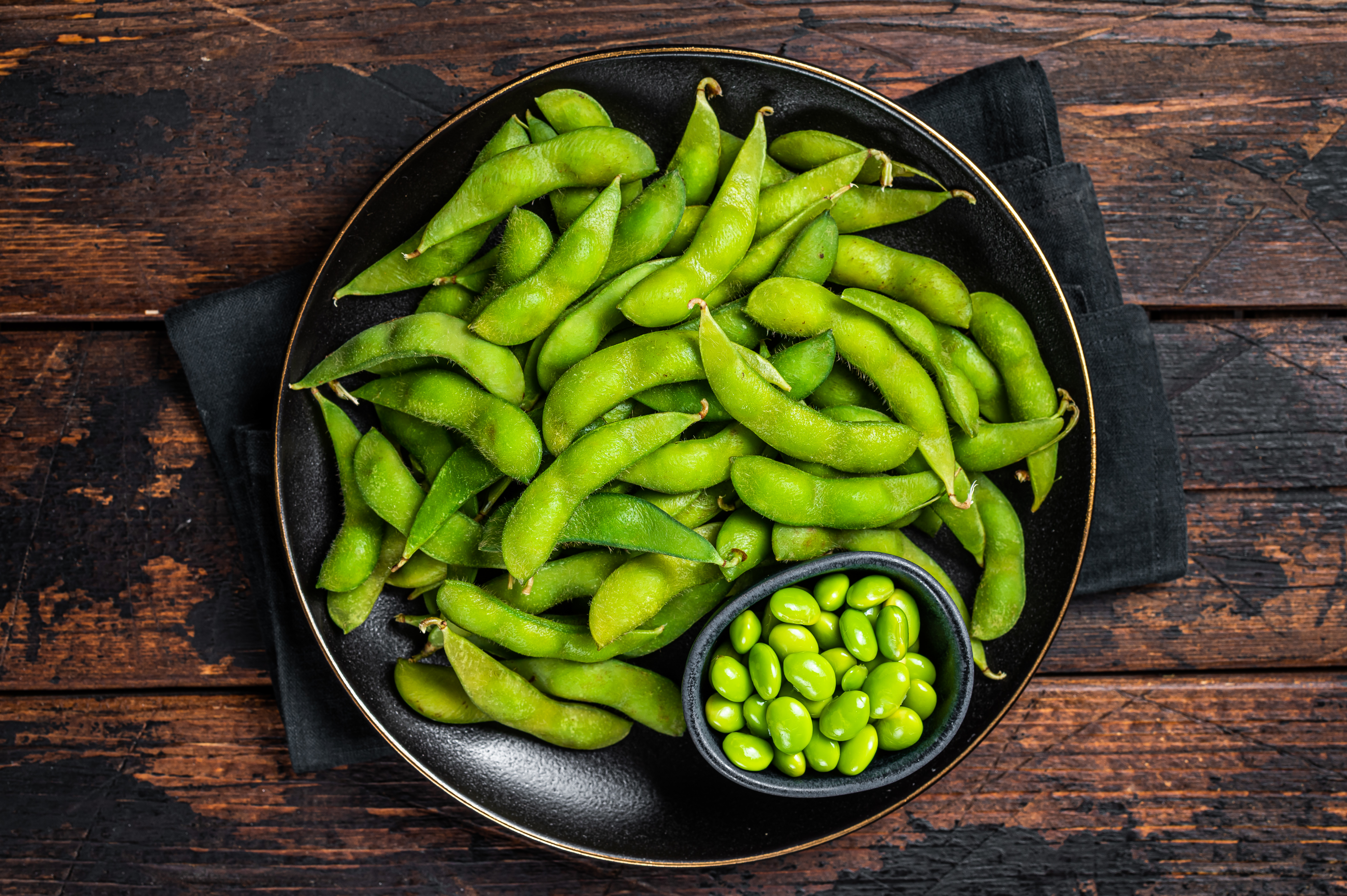
Edamame, the tender young version of soybeans, is a nutritional powerhouse that helps maintain emotional balance and reduce stress levels. These vibrant green beans are loaded with plant-based protein, folate, fiber, and magnesium—all of which work together to stabilize mood, support brain function, and promote relaxation. Protein is crucial for neurotransmitter production, ensuring that the brain has the necessary building blocks to produce serotonin and dopamine, which regulate mood and motivation. Meanwhile, folate (vitamin B9) plays a key role in stress resilience, with research linking folate deficiency to increased anxiety and depression. Edamame’s high fiber content also plays a role in stress management by keeping blood sugar levels stable. Blood sugar fluctuations can trigger irritability, fatigue, and mood swings, all of which can contribute to heightened stress levels. By providing a steady source of energy, edamame helps prevent the crashes and cravings that can worsen anxiety. Edamame is incredibly easy to enjoy. Steam them with a sprinkle of sea salt, toss them into salads, blend them into dips, or stir them into stir-fries for a protein-packed, stress-reducing meal.
22. Cardamom: The Aromatic Mood Lifter
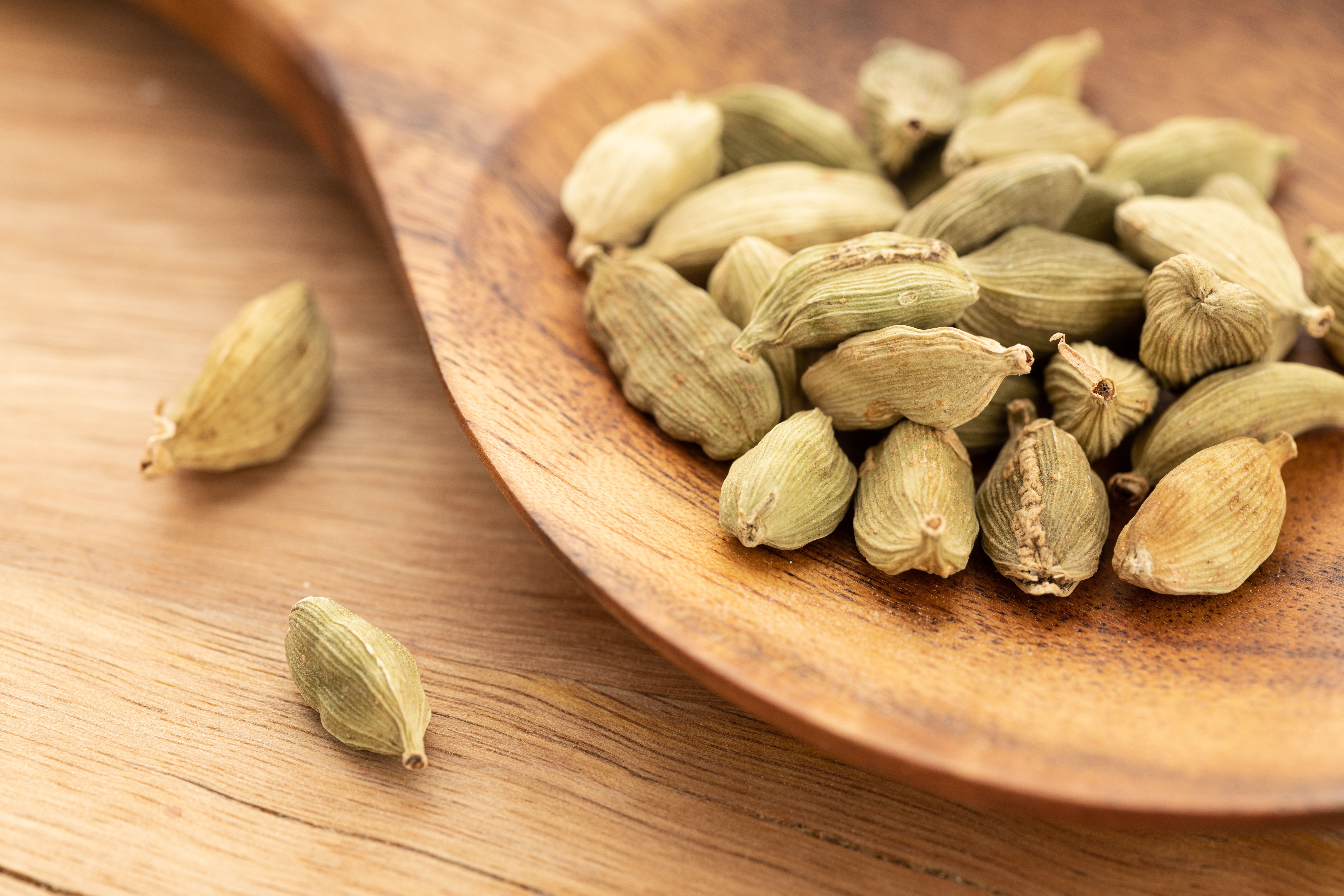
Cardamom, often referred to as the “Queen of Spices,” has been used in Ayurvedic medicine for centuries to promote relaxation, ease tension, and enhance mental clarity. This fragrant spice is packed with antioxidants, essential oils, and bioactive compounds that help reduce inflammation, lower cortisol levels, and improve overall mood. One of the most fascinating benefits of cardamom is its ability to support respiratory function, which can be incredibly beneficial for those experiencing stress-related symptoms like shallow breathing and tension. Its natural compounds help open airways, improve oxygen intake, and promote deep, calming breaths, which can instantly ease anxiety and create a sense of tranquility. Additionally, cardamom has been shown to support digestive health, which is closely linked to mood regulation through the gut-brain connection. Since stress often manifests in the gut—leading to indigestion, bloating, and discomfort—consuming cardamom can help soothe the digestive system and, in turn, reduce stress levels.
Integrating Superfoods for a Balanced Mind

Incorporating superfoods into your diet is a practical and effective way to support mental health and manage stress and anxiety. Each of these 22 foods offers unique benefits that can enhance mood, improve cognitive function, and promote overall well-being. By understanding the powerful connection between diet and mental health, you can make informed choices that support a balanced mind. Start by gradually adding these superfoods into your meals and observe how they impact your stress levels and emotional resilience. With time and consistency, you can harness the power of nutrition to cultivate a calmer, more centered life.